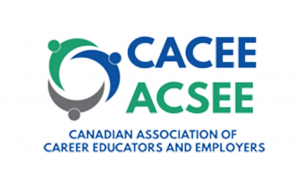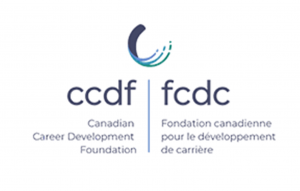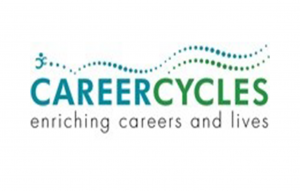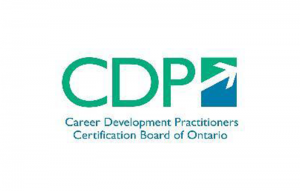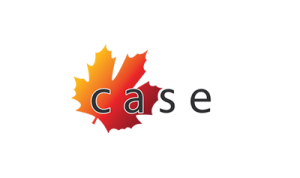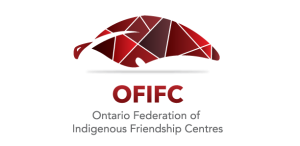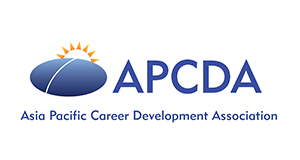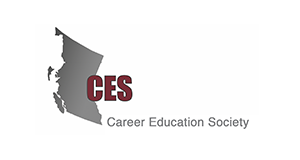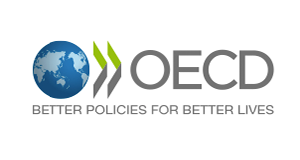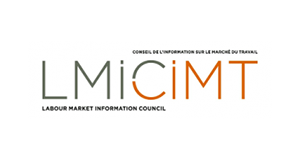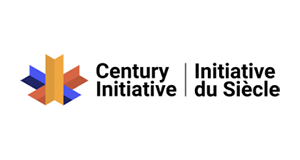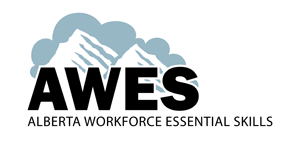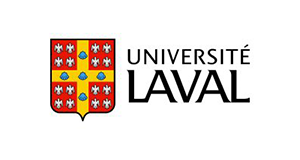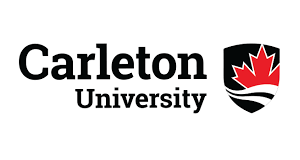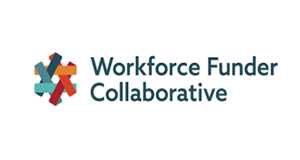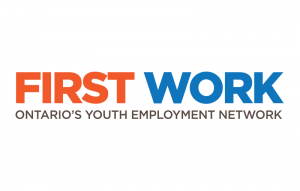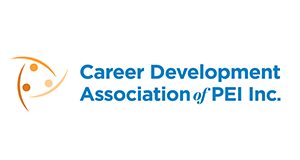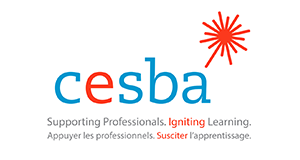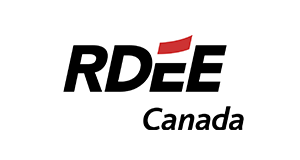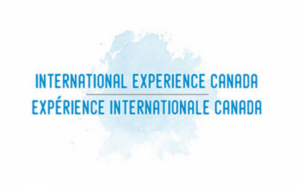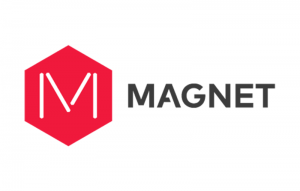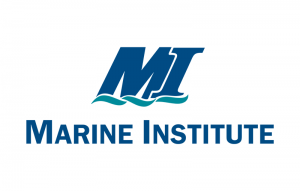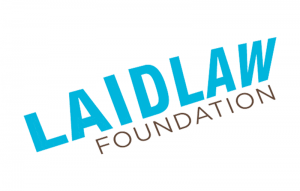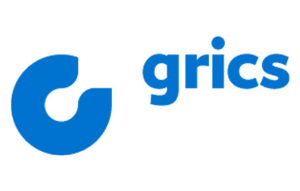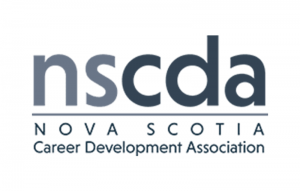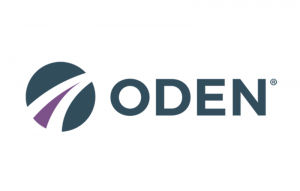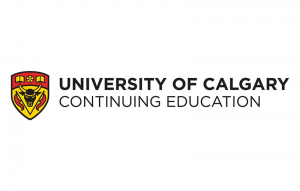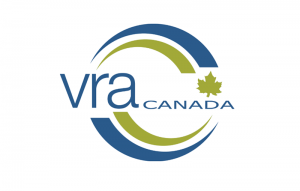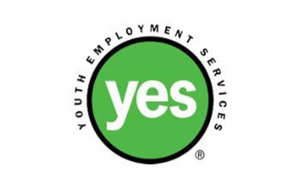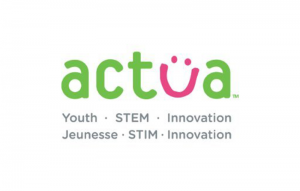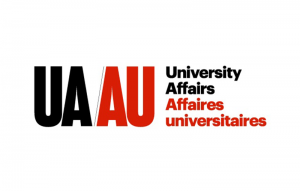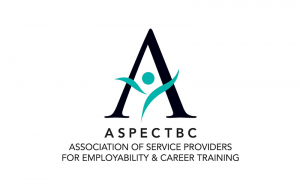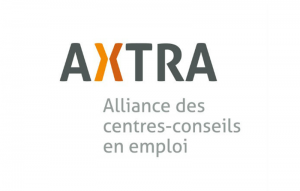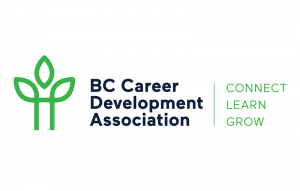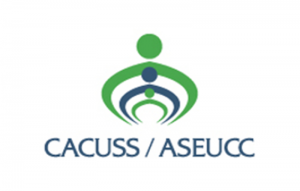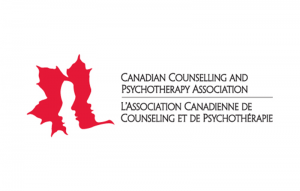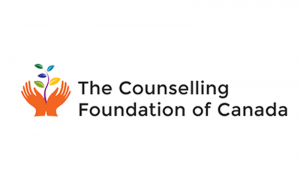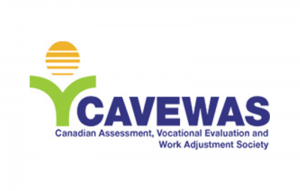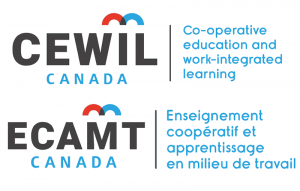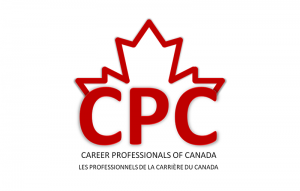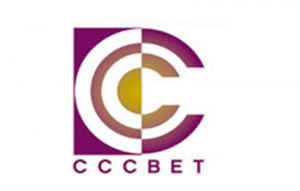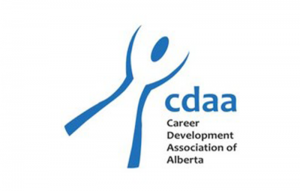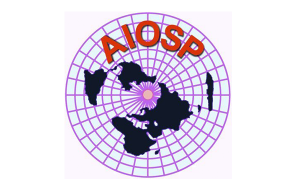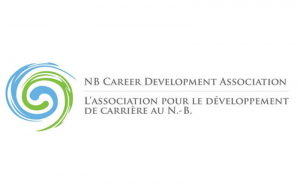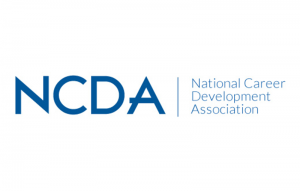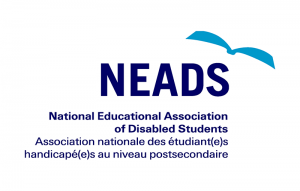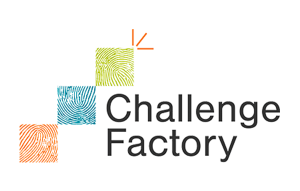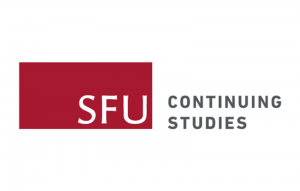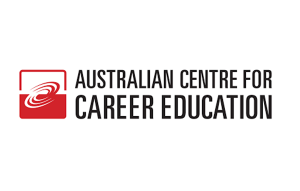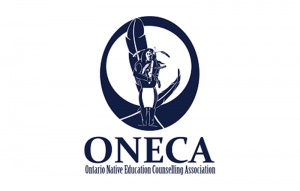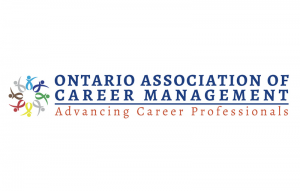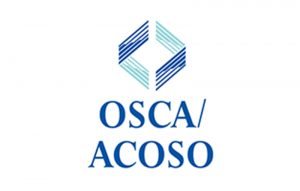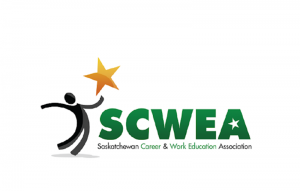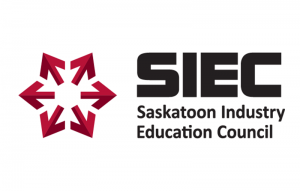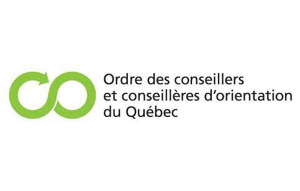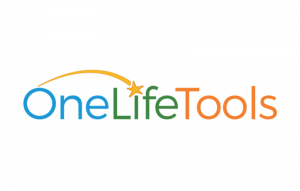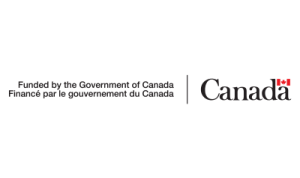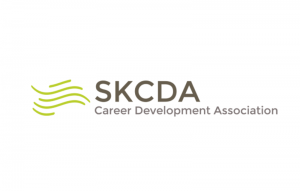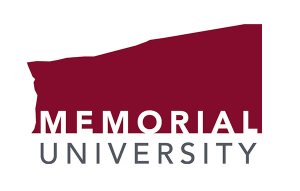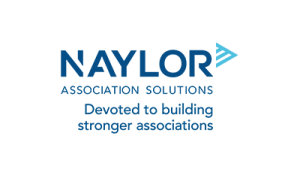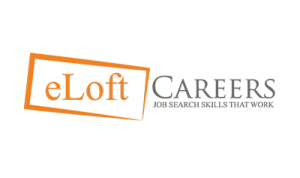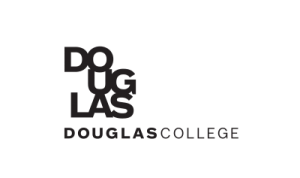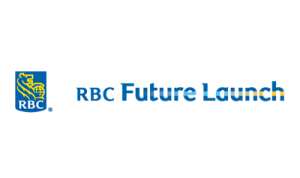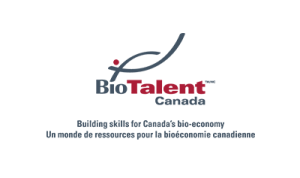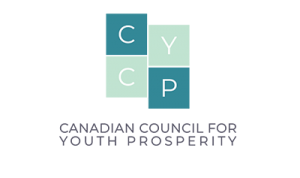Annual Report 2021
Resilience and Reimagining
Leadership Message

André Raymond
Board Chair
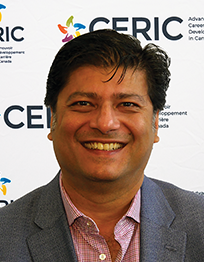
Riz Ibrahim
Executive Director
As we present this Annual Report for CERIC’s 17th year of operation, we do so with a certain sense of renewed hope – hope that in some sense the colossal global disruptions caused by the pandemic are somewhat behind us; hope that the things that kept us apart will give way to the things that bring us together; and hope that the resilience displayed in the face of a very trying time remains a staple in our collective psyche.
We started our year, as we do all years, with the Cannexus conference in January. Coming out of almost a year of working from home, with our stakeholders still delivering services remotely, we held our first virtual conference. We were buoyed by the incredible response of over 2,300 delegates attending. Past keynotes and presenters, supporting organizations and many ardent supporters of CERIC and Cannexus were there. If there was any time that we could embrace the idea of a virtual community, this was it. The economic uncertainties that underpinned the year prior still remained and we continued to offer compelling rates to encourage more participation from groups and students. We also continued to leverage some of our new international partners to offer, once again, a set of globally focused sessions at the conference.
As we progressed through the year, there was a sense that the tide had turned and we could consider in-person events. Indeed, our stakeholders were wanting it, needing it. In the end, our commitment to maintaining a high-calibre and broadly accessible conference led us to forego an in-person gathering in favour of a second virtual conference in 2022. As the Omicron variant swept through the country and as travel across the country became more uncomfortable for many, this turned out to be a good decision. Quality and access were key and our stakeholders responded in large numbers once again for this annual gathering. The virtual approach continued to be embraced and valued as a viable method for accessible essential training and best practice in career development. While it felt like we were taking two steps forward and one step back, it was the feeling that we were moving forward nonetheless that defined the year.
It was important to have that feeling of continuity: we continued to plan our conference, develop a survey of Canadian businesses, offer webinars, publish books and fund projects. We continued to recruit volunteers for our committees and accept nominations for the next Etta St. John Wileman Award. It was also important to recognize the new terrain that was redefining this continuity. We continued to nurture our partnerships and collaborations, translating one of our resources into multiple languages, reflecting an internationalization of interest in our work.
We also started to look inward as an organization. In 2020, we articulated our dual mandates of “Promoting career development as a priority for the public good” and “Building career development knowledge, mindsets and competencies.” In 2021, we started to define organizational values that we felt needed to start to be articulated that would guide us toward the fulfilment of these mandates. We also started to do work around defining and developing our equity, diversity and inclusion priorities.
We were not immune to the Great Resignation, or what we would call the Great Reshuffle. The year saw movement within our staff, through maternity leaves and career progressions, as well as the creation of new roles and responsibilities to embrace the work ahead. We had to be more agile with our human resources management, with virtual hirings and onboarding and, for the first time, embracing a more distributed staff who continued to work virtually. Building and maintaining team cohesion was the order of the day. Once again, even though we had setbacks, we continued to move forward.
As we ended the year, we cannot stress enough about the commitment and resilience of our staff. It was another challenging and trying year for all and our staff performed admirably with exceptional professional stature. They continued to rise to the occasion for the benefit of career professionals across Canada. A special thanks also to the CERIC Board and Advisory Committee volunteers who continued to help us navigate through these exceptional times with their guidance, commitment and reassurance. And lastly, thank you to Bruce Lawson and The Counselling Foundation of Canada for their continued and unwavering support and commitment to the work of CERIC.
CERIC is a national charitable organization that advances education and research in career counselling and career development, in order to increase the economic and social well-being of Canadians.
2021 Impact-at-a-Glance
Highlights
Promoting career development as a priority for the public good
CERIC is committed to working with stakeholders across the career development ecosystem to advance efforts that show the social and economic value, and public benefit of career development. This involves collaborating with employers, government policy-makers and educators to advocate for career literacy for Canadians.
Conducting research and activities that demonstrate the value of career development
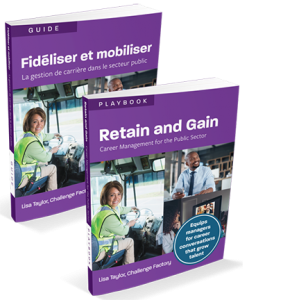
Growing an inclusive public sector workforce through career management
CERIC published a new edition of its popular Retain and Gain Playbook to support public sector employers in developing an inclusive, agile and equipped workforce. The bilingual publication comes at a time when all levels of the public sector are focused on putting the full capacity of their talent pools at the service of Canadians, exemplified by the federal government’s Call to Action on Anti-Racism, Equity and Inclusion. Authored by workforce expert Lisa Taylor, the Playbook is a concise, action-oriented resource that public sector leaders and managers can use to attract, engage and retain staff. It integrates diversity, equity and inclusion (DEI) throughout and is situated in relation to the pandemic and its impact on public sector careers, including workforce mental health. The Playbook is the third book in CERIC’s Retain and Gain series. It builds on the success of two earlier resources for Small Business and Non-Profits.
Development of the Playbook was guided by an Advisory Committee that included representation from the Government of Canada’s Interdepartmental Career Community of Practice, National Managers’ Community and Privy Council Office (Public Service Renewal Secretariat) as well as from the Governments of Saskatchewan and New Brunswick. The publication had 1,100 downloads in its first five days of release, and 1,800+ public sector managers and HR/career professionals participated in presentations about the Playbook over the summer.
“This should be saved on the desktops of all public service people-management leaders. As the public service readies itself for the culture shift for the future of work and responds to the calls to action on addressing systemic racism, diversity and inclusion, this Playbook comes at a critical time to help understand how career conversations are essential to align talent with the organizational needs of today and tomorrow…now.”
– Tracey Sametz, Director General, Human Resources, Transport Canada

How career development can be taken up as a powerful tool in policymaking
The work done by public servants at all levels of government and across jurisdictions affects the lives, livelihoods and careers of every Canadian. While career programs are typically considered the remit of departments of education and employment, there is evidence that career development principles can and should be included in many other public sector portfolios. CERIC launched its “Careers and Canadians” series this past year to explore the value of connecting careers thinking to the development, delivery and measurement of public goods and services – an important sub-theme of the Retain and Gain Playbook. The series features thought-provoking conversations with current and former policy leaders across the country. It kicked off with former Saskatchewan Deputy Minister Alastair MacFadden as the first guest during Canada Career Month in November. More conversations are planned for 2022.
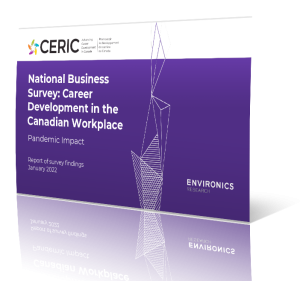
National employer survey to examine recruitment, skills gaps, careers in the workplace
CERIC worked with Environics Research Institute to survey 501 Canadian employers at the end of 2021. This survey was designed to update and expand understanding of the state of career development in the Canadian workplace. Specifically, the survey explores employer views on:
- Recruitment and retention in wake of “The Great Reshuffle”
- Current skills and talent gaps in the labour market
- Hiring underrepresented groups as part of DEI strategies
- Career management in the context of remote and hybrid work, and
- How employers perceive the services of career development professionals.
This is the second iteration of the survey and will provide comparability to CERIC’s 2013 survey, tracking differences over the past eight years. Survey results are to be released at CERIC’s flagship Cannexus conference in January 2022.
Amplifying the value of career literacy and a career mindset for Canadians
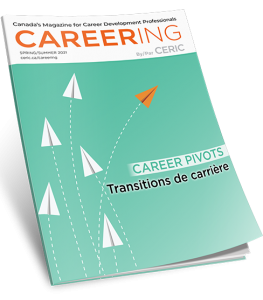
Helping the workforce to “pivot” their careers and thrive amid change
CERIC’s Spring-Summer 2021 issue of Careering took on the theme of “Career Pivots,” at a time when the workforce is navigating immense shifts. The disruptive impact of COVID-19 on work and education is evident across many of this issue’s articles, from preparing students for the future of work to supporting small business owners suddenly thrust into job search. The broader takeaway is that with the support of career education and career professionals, Canadians can develop the change-ready mindset needed to thrive.
Two other editions of Careering were also published this past year, tackling critical themes. The Social Justice issue highlighted the importance of understanding the context in which people pursue education and work – or are prevented from doing so to their full potential, with articles on “she-cession” recovery, allyship in career development and challenging systemic racism in the workplace. The issue on Reimagining Career Development in Canada made the case that we are in a moment that is ripe for reflection. It examined the belief that we can do better than just going back to “normal.”
Career mindsets in evolving times becomes a new research priority for CERIC
In CERIC’s role as a funder of research and learning projects in career development, we updated our funding priorities this past year. Research on career mindsets – the beliefs and attitudes that enable effective career development – is now a new key funding priority area for CERIC.
Our full funding priorities are:
- Career practitioning with social and economic impact
- Impact of career services on policy and programs
- New emerging career development theories and career service models
- Shifting career mindsets and the role of career development professionals in evolving times
CERIC is interested in career mindsets research that explores: What are career mindsets we would like to instil?; How is the concept of career changing?; and How do you do career development during times of unexpected events?
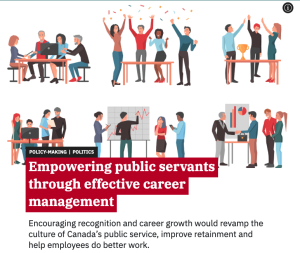
Raising the profile of career development through media attention
Working with the media is a core way that CERIC communicates research and amplifies the value of a career mindset to advance the public good. Some highlights of media coverage received throughout 2021 are articles on: empowering public servants through effective career management, published in Policy Options; how employers can benefit from embracing career development, in Canadian HR Reporter; and the future of work in the Philanthropist. Our Retain and Gain Playbook was also the focus of an interview on CBC Radio about how career management can support organizational DEI initiatives. CERIC spokespeople or resources were also featured throughout the past year by Academica Top Ten, Toronto Star, CPA Canada, The Hill Times, Charity Village, Imagine Canada and more.
Engaging with stakeholders in the broader career development ecosystem










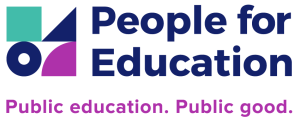

CERIC works in partnership with a diverse range of stakeholders who have a role in prioritizing career development for public good. Over the course of 2021, we engaged with many organizations around shared advocacy goals, systems change and joint learning. Some examples of collaborations:
- Consulting on two Future Skills Centre reports: Emergence of Online/Multi-Modal Practice Delivery and Building Responsive Career Pathways in a Post-Pandemic World
- Initiating a partnership with Institute of Public Administration of Canada to co-develop and cross-promote learning connected to public sector career development
- Exploring shared interest with the Century Initiative around labour market implications of dramatically increasing levels of immigration to Canada
- Helping to advance the work of Catapult Canada, a national platform and community that aims to increase equity of access to learning opportunities for youth
- Advising the Alberta Workforce Essential Skills – Guided Pathways project as it scales to a national program providing training on the federal Skills for Success framework
- Partnering with Labour Market Information Council, Canadian Career Development Foundation and OECD on a free webinar series on navigating a changing labour market
- Working with the new Workforce Funder Collaborative to offer a panel at Cannexus on Corporate Philanthropy’s Role in Supporting Equitable Economic Opportunity
- Presenting to Indigenous-Crown Relations and Northern Affairs Canada on our Retain and Gain: Career Management for the Public Sector Playbook
- Engaging with People for Education on career education’s role in preparing students with the competencies needed to reach their goals and contribute to the country’s future
- Discussing opportunities with the Canadian Chamber of Commerce for career services to help the country’s small business employers to address labour shortages
CERIC also continued its focus on expanding its francophone engagement over the past year. In particular, having just published the French edition of Career Theories and Models at Work, we were able to build connections with researchers at French universities and with associations of practitioners across Canada and around the world. Globally, our Career Theories book was licensed for translations under way in 2021 for Japanese, Estonian and Latvian editions of the book. Further, CERIC strengthened its relationships with the International Association for Education and Vocational Guidance (IAEVG) and the Asia-Pacific Career Development Association. CERIC Executive Director Riz Ibrahim was invited to keynote at the joint APCDA-IAEVG conference in 2022.
Building career development knowledge, mindsets and competencies
CERIC’s work is deeply rooted in career development research, learning and acting as a hub for community. Through ongoing professional development, we continue to focus on growing expertise and skills among career practitioners as well as K-12 educators. Deepening career mindsets and engaging with networks that can influence this are emergent areas for us.
Mobilizing knowledge and develop training and resources that support career professionals
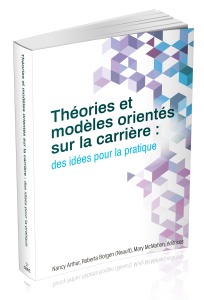
The career theories and models that shape professional practice – now available in French
Following the success of our book on the theories and models that define career development today, CERIC published its French translation. An international team of research professors and doctoral students led by Louis Cournoyer at Université du Québec à Montréal worked on the project to produce Théories et modèles orientés sur la carrière : des idées pour la pratique. The original edition of Career Theories and Models at Work : Ideas for Practice – edited by Nancy Arthur (formerly University of Calgary), Roberta Borgen (Neault) (Life Strategies) and Mary McMahon (University of Queensland Australia) – has been fully translated and enhanced with a preface reflecting distinctions in career practices in francophone Canada, Europe as well as Africa.
The collection includes chapters on 43 of the current and emerging theories and models of career development from leading contributors across four continents. It is being used by professionals around the world and serves as a textbook for post-secondary career guidance courses. The French edition launched with a virtual event in August that attracted more than 460 participants. The publication was supported by a trio of “Knowledge Champions” – AXTRA, Brisson Legris and Solutions TRIMA – and has won praise in Canada and globally.
“… The chapters offer a reflection on the link between practice and theory while also considering the major issues for our discipline, such as the question of social justice, taking into account cultural context, access to decent work, etc… A rich work, mobilizing leading authors in the field, reflecting the diversity of approaches in our field, always with a focus on application in our practices…”
– Jérôme Rossier, Full Professor, Institut de psychologie et Centre de recherche en psychologie du conseil et de l’orientation (CEPCO), Université de Lausanne
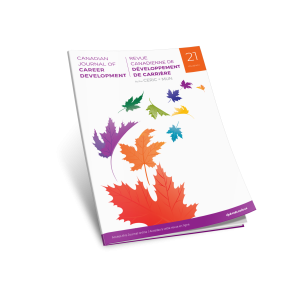
Showcasing new research and emerging ideas in the field of career development
Now in its 19th year of publishing, the Canadian Journal of Career Development (CJCD) has continued to broaden and deepen knowledge in the field, with a focus on multi-sectoral career-related academic research. As Canada’s only peer-reviewed, open-access journal in the field, CJCD is produced by CERIC in partnership with Memorial University and is supported by a grant from the Social Sciences and Humanities Research Council (SSHRC). The journal saw an increased submission rate in 2021 as research that was paused during the pandemic was restarted. CJCD published two editions with articles that included: Ethical Risk Management in Co-operative Education Programs, An Exploration of Work-Life Wellness and Remote Work During and Beyond COVID-19, and The Effects of Meaning and Purpose on Young Workers in the Workplace.
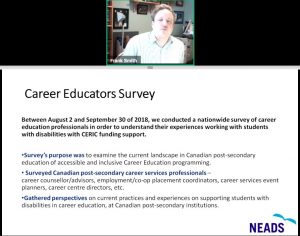
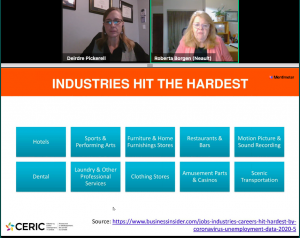
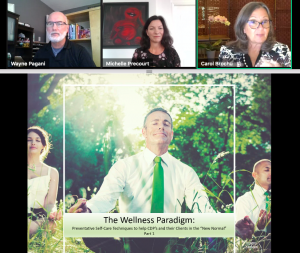

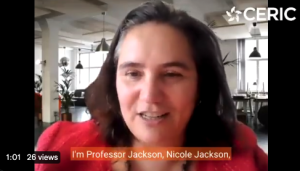

Expanding convenient and accessible learning through webinars
With the pandemic creating demand for virtual learning, CERIC responded by producing an extensive roster of 17 free and fee-based webinars and webinar series. CERIC partnered with associations and organizations across Canada to offer this relevant and affordable professional development. From understanding micro-credentials to remaining resilient, topics were timely, providing opportunity for sharing best practices. The online format continued to make learning more accessible. Webinars were able to reach a diverse audience of more than 8,000 participants over the year and feature different voices.
- Integrating Motivational Interviewing into Career Counselling Practice to Overcome Client Ambivalence presented by Roxanne Sawatzky, in partnership with Career Development Association of Alberta (CDAA)
- Building Cultural Intelligence to Promote Diversity and Inclusion: What We Need to Know to Thrive in the Workplace presented by Azumme Degun, in partnership with Ontario Association of Career Development (OACM)
- New Tools and Resources: 3 Experts Help You Navigate Changes in Career Development Practice and the Labour Market presented by Katharine Mullock, Sareena Hopkins and Anthony Mantione, in partnership with Labour Market Information Council (LMIC)
- Intégrer l’approche d’acceptation et d’engagement (ACT) pour aider nos clients à apprivoiser leurs blocages et prendre soin de notre rôle d’intervenant presented by Frédéric Piot, in partnership with Association québécoise des professionnels du développement de carrière (AQPDDC)
- Helping Clients Take Control of Their Career Future with the Solution-Focused Theory presented by Judi Miller
- Advocacie et projet collectif et communautaires menés par des personnes immigrantes : une entrée par la théorie culturelle-historique de l’activité presented by Patricia Dionne and Audrey Dupuis
- Designing Feasible, Focused and Flexible Experiential Learning in Challenging Times presented by Lorraine Godden & Carolyn Hoessler in partnership with Experiential and Work-Integrated Learning Ontario
- A Conversation with Zabeen Hirji on Building a Future of Work That Works for All
- A Conversation with Dr. Kris Magnusson on Working With – and Around – Emotions in Career Helping
- Self-Employed Career Practitioners: Tools and Strategies to Better Manage Your Finances presented by Pamela George in partnership with Vocational Rehabilitation Association of Canada (VRA Canada)
- Retain and Gain: Career Management for the Public Sector: What We’ve Learned So Far presented by Lisa Taylor
- Contrary to Popular Belief, Ethics is NOT Boring: New and Evolving Considerations in the Wake of COVID! presented by Dr. Jody Hawley & Terena Delaney, in partnership with VRA Canada
- Assessing the Impact of Career Services: Tools for Informing Practice and Communicating Value presented by Dr. Julia Panke Makela, University of Illinois, in partnership with the Canadian Association of Career Educators and Employers (CACEE)
- Positively Resilient: How to Remain Energetic, Optimistic and Well-Balanced in Post-Pandemic Times – and Help Others Do the Same! presented by Dr. Jason Cressey, in partnership with the British Columbia Career Development Association (BCCDA)
- Micro-Credentials and Badges: Helping Clients Build Future Skills and Career Success presented by Victoria Pazukha and Jake Hirsch-Allen, in partnership with the Ontario Association for Career Management (OACM)
- Aligning Careers and Leadership Succession Plans for Today’s Digital and Post-COVID Economy: Key Pitfalls and Pivots presented by Dr. Nicole Jackson, in partnership with First Work
- Beyond Diversity: Supporting Career Practitioners to Have Inclusive Anti-Racist Practices that Empower Clients Who Are Racialized, presented by Jodi Tingling, in partnership with the Career Development Association of Alberta (CDAA)
In 2021, by request, CERIC, in collaboration with partnering associations and expert presenters, began to offer recordings of select past fee-based webinars on-demand, extending access to this valuable learning.
Fostering a cross-sectoral community of career development-minded professionals
First virtual Cannexus reimagines role of career development in society, economy
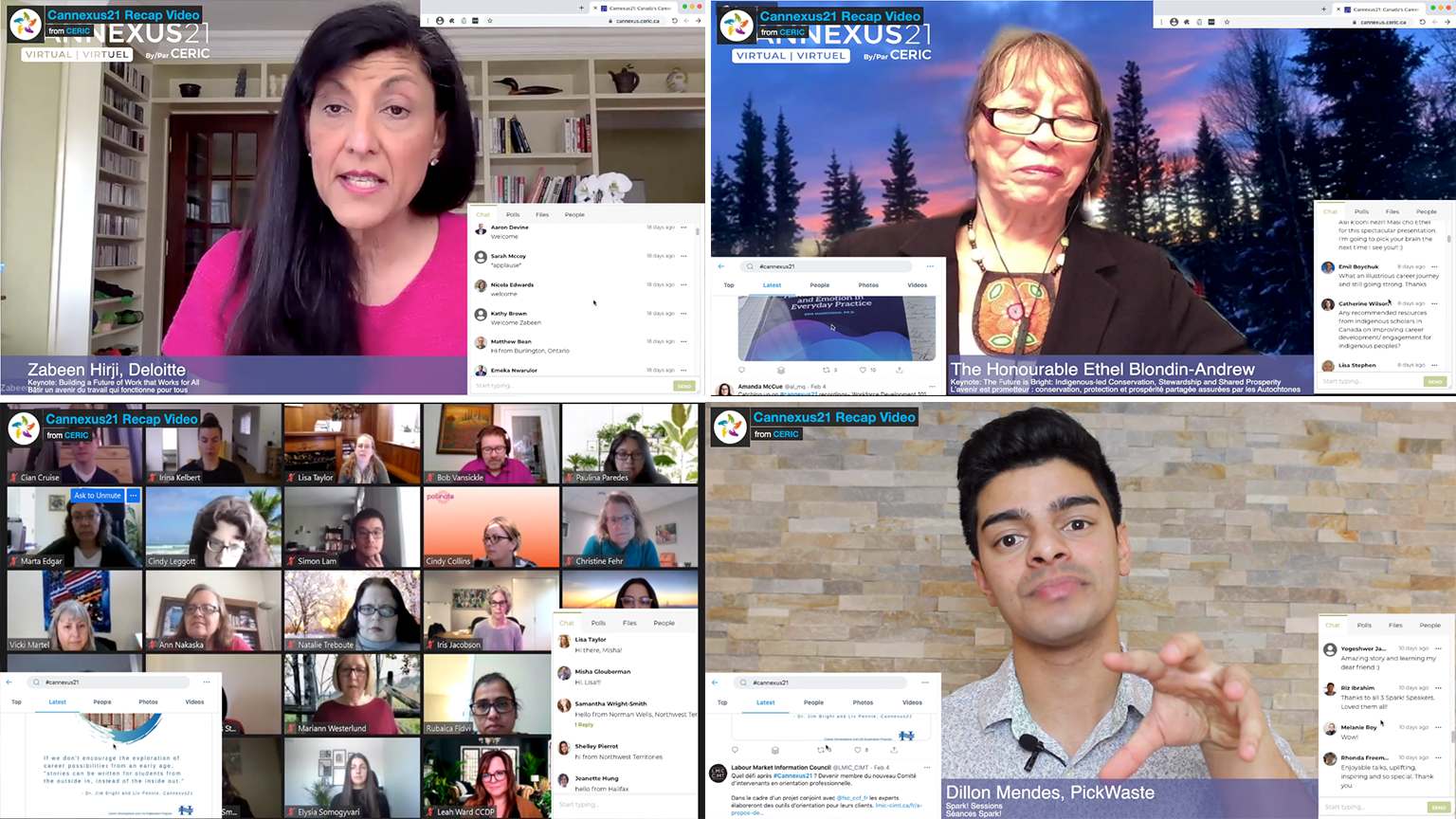
More than 2,000 career development professionals from across Canada and around the world came together for the first-ever virtual Cannexus conference to convene, share and learn over four days in late January and early February. Cannexus is Canada’s largest bilingual career development conference. With a theme of “Career Development for Public Good,” the 2021 conference explored how to reimagine career services as a gateway to social and economic justice in the wake of the global pandemic. A new “Gratitude” rate was introduced to encourage wide accessibility to the virtual conference and recognize financial constraints.
A few of many conference highlights included four transformative keynotes: Executive Advisor Zabeen Hirji made the case for a human-centred approach to the future of work; Professor Kris Magnusson explained the powerful role of emotions in helping clients steer their careers; Olympian Perdita Felicien told her powerful story of growth from failure; and The Hon. Ethel Blondin-Andrew focused on opportunities for Indigenous peoples in the conservation economy. The conference featured several timely streams, including Pandemic Recovery, Around the World and Workforce Development. All recordings were made available for a full year.
“After 11 months of scrambling to serve our clients to the best of our abilities in an ever-changing, complex environment, Cannexus21 was such a blessing. I have been feeling disconnected while working remotely…the chance to convene with like-minded professionals was like adding air to a deflating balloon. I feel validated and renewed. If there was one year to attend, this was it!”
– Kimberlie Ladell, Employment Counsellor, Fanshawe Career and Employment Services, ON
“Brilliant, engaging world-leading conference. Powerful keynotes, targeted and outstanding seminars that allowed me and my staff to engage in rich topical discussions even in lockdown. Thank you for offering this fantastic conference so the world could experience the advancements that Canada has made in career development for all its citizens.”
– Bernadette Gigliotti, CEO, Australian Centre for Career Education
Planning for the 2022 Cannexus Career Development Conference was under way throughout the past year. The conference was anticipated to be held as a hybrid event for the first time, offering the best of both worlds with an in-person portion in Ottawa as well as virtual component. However, as the pandemic unfolded over the fall, the difficult decision was made to shift to a fully virtual conference. Cannexus will once again bring together professionals across the career and workforce development ecosystem to explore the latest research, policy and practice: post-COVID labour market trends, mental health, hybrid service delivery and more. A new bonus conference day is being introduced, called Cannexus Reflections, which is intended to help delegates begin to reflect on action and what they learned.


Timely resources from CareerWise and OrientAction for navigating COVID-19
CERIC’s CareerWise website offers a curated selection of relevant and thought-provoking articles on education, skills, counselling, employment and the workforce from a variety of publications. It also features original perspectives and timely analysis from recognized experts and community voices, as well as round-ups of popular resources and events. A sister site called OrientAction, managed in partnership with Quebec-based la GRICS, provides the same in French. A high point of the past year for CareerWise was the launch of a new series, “Building Connections,” which highlights career development intersections with employers, government policy-makers and educators. Popular newsletters compiling the best of each website continued to be sent throughout 2021.
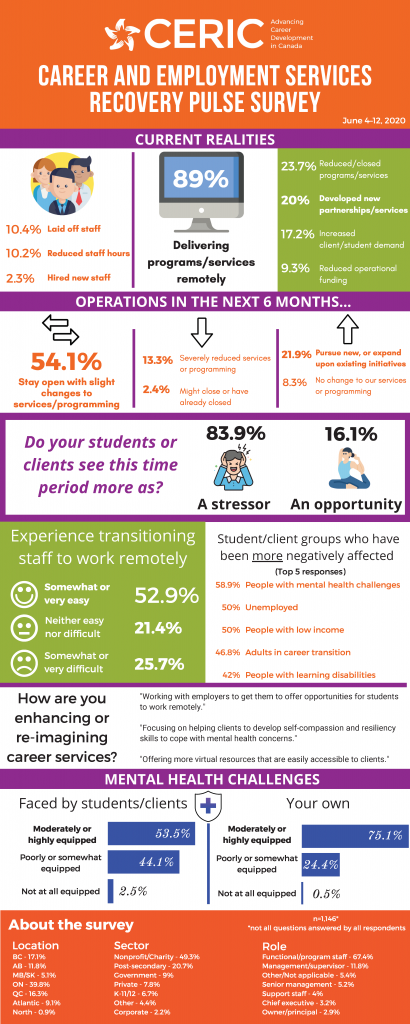
Tracking how career services across Canada are adapting to pandemic upheaval
During the first year of the pandemic CERIC conducted a series of Recovery Pulse Surveys to track how career and employment professionals across the country are adapting to the COVID-19 pandemic. Moving into 2021, some early signs of stabilization were showing within Canada’s career services sector while mental health and burnout (among both staff and clients) were growing concerns, according to the latest survey results. In terms of how career services have changed over the past year, many workplaces dealt with issues such as layoffs, reduced funding and closed programs. However, some positives can also be seen. New staff were hired as service demand increased and new partnerships were also developed. Respondents said that they planned to keep changes put into place during the pandemic such as greater online services and more flexible work arrangements. The single greatest challenge they foresee is keeping their clients or students motivated in the face of changes to the labour market and a loss of direct connections.
Overall, survey responses paint a picture of a field finding innovative ways to traverse new realities. Many career services professionals were called on to work differently, whether that meant learning new technologies, adjusting programs or services, working from home, or dealing with ongoing uncertainty and stress. The story of COVID’s impact on the sector is still being written with new challenges and opportunities that will arise as well as more examples of resilience and adaptation.
Recognizing excellence in career development leadership
CERIC’s Etta St. John Wileman Award for Lifetime Achievement is designed to recognize individuals who have devoted their lives to enhancing the field of career development. Over the past year, we sought nominations with a view to announcing the latest recipient at the Cannexus conference in 2022. The award goes to a changemaker who has shaped our communities for the better and has impacted the field in significant ways. Leaders who have demonstrated a substantive and long-term commitment to career development are eligible to be nominated. In particular, the Selection Committee has sought to encourage nominations of candidates from equity-deserving backgrounds or of individuals working with communities facing equity challenges. The Selection Committee itself was expanded in 2021 to start to pave the way for the inclusion of new and different voices and perspectives.
The award is given in the name of Etta St John Wileman. A little over 100 years ago, with a World War that had just begun, Wileman emerged as champion of career, work and workplace development in Canada. She was a strong advocate for a national system of employment offices. She lobbied for the role of parents and schools in the career guidance of children. In short, she believed in the importance of work to the human soul.
Advancing the pipeline of future sector leaders and growing sector capabilities

Supporting young professionals in their learning and development
This past year, CERIC launched the Young Professionals Bursary to support emerging employment and career development practitioners. Thanks to a partnership with the Nova Scotia Career Development Association (NSCDA), the bursary allowed 10 young professionals from across the country to attend the virtual Cannexus21 conference. The intent is to ensure the diverse voices of a new and up-and-coming generation of professionals are being represented at Cannexus and that they can benefit from the extensive professional development and networking that takes place. Bursary winners represent professionals who work in areas related to career development such as experiential learning, youth support and Indigenous careers. Eligible recipients are 30 years of age or younger. Preference is given to individuals from equity-deserving groups.
Graduate student engagement helps to fuel next generation of researchers
CERIC’s Graduate Student Engagement Program (GSEP) seeks to identify full-time master’s and PhD students in Canada whose academic research is in career development or a related field. This includes research areas such as education, sociology, social work, counselling psychology, industrial/organizational psychology and business with a focus on human resources or organizational behaviour. Students who join GSEP are introduced to CERIC with opportunities to: join an Advisory Committee, publish in one of our publications, present a poster at the Cannexus conference and compete for the GSEP Award, which provides $1,000 to attend Cannexus. A total of 24 graduates students joined GSEP in 2021.
Recipients of the year’s GSEP Award are:
- Caileigh Wilson, MA candidate, Education, Simon Fraser University
- Hélène Brisebois, MA candidate, Education, Université de Sherbrooke
- Jordan Ho, PhD candidate, Psychology, University of Guelph
- Noah Arney, MA candidate, Education, University of Calgary
GSEP students were also invited to attend a special online event with career development leaders Dr. Norman Amundson and Dr. Spencer Niles that was hosted by former GSEP member and now CERIC Board Vice-Chair Dr. Candy Ho. The event focused on building connections among students and on strategies for graduate school success.
Enabling academic and community-based research that enhances career development practice

Unlocking the career development impact of experiential learning programs
There has been a surge of interest in experiential learning – from co-ops and internships to campus incubators, volunteer opportunities and land-based learning – as a way to bridge the gap between the classroom and the world of work. The promise of the experiential learning model has been to immerse the learner in an experience and then encourage reflection about the experience to develop new skills, attitudes or ways of thinking. But it has not always been clear how programs are connecting experiences to career management skills. To address this, CERIC earlier issued a Request for Proposal and in the past year awarded its project on Unlocking the Career Development Value within Experiential Learning to OneLife Tools, co-founded by Rich Feller and Mark Franklin. The project, which includes collaboration with career development leaders from both Canada and the United States, will develop an easily accessible digital guide to optimize the interaction among experiential learning, reflective practice and career development. Program developers, educators and career specialists will be able to use this resource – expected to be available in early 2022 – across settings.

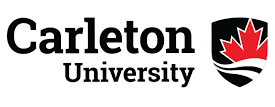
Research will help children understand who they could become and reach their potential
Work continued throughout 2021 on a CERIC-funded project that will help shape how career education happens in Grades 4-6. The Career Development in Children: Identifying Critical Success Conditions and Strategies project is being run by an international team of researchers led by Dr. Lorraine Godden of Ironwood Consulting and Carleton University. This project will examine how foundational skills that are developed by classroom teachers connect to career-related learning. The starting point is that teachers are the linchpin, guiding learning and play activities that foster foundational skills (e.g. social and emotional skills, self-confidence, empathy, teamwork, critical thinking, self-awareness) but that these are not usually undertaken from a career development perspective. In the absence of the formal infusion of career into curricula, this research will identify what options are available within the education structure to ensure that children can sustainably develop the tools they need to navigate a world of work we cannot yet imagine.
A robust literature search will be released in mid-2022 that examines curriculum to identify career-related learning strategies, initiatives, policies and programs across all provinces and territories. A teacher’s toolkit that validates and informs practice will follow.
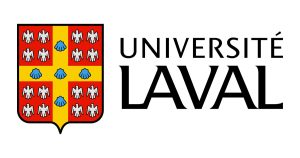
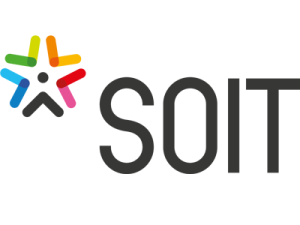
A new model for newcomers to find work that better fits their skills, experience
CERIC is funding research that is now in progress on how to sustainably integrate immigrants into jobs that they consider decent and align with their life choices. The project is led by Marcelline Bangali of Laval University in partnership with SOIT, a non-profit employment agency in Quebec. The research examines how services can better support the professional integration of immigrants in response to the struggles many face in being selected for their qualifications and high levels of education and training, yet ending up in “survival jobs.” This happens with targeting quick access to the labour market, which can lead to counterproductive choices with negative repercussions for mental health, well-being and family life as newcomers experience a loss of professional status. The end goal of the research is to design an integrative and holistic intervention model that helps new immigrants manage this transition.
Results of this project will be used to develop a practical guide for professionals who work with immigrants and students. The research will also help to inform government policy decisions related to the improvement of services offered to immigrants.
Building capacity to extend our reach and impact
Articulating our values to support and strengthen our work
CERIC has always been guided by a core set of principles. However, this year we took the time to consult with our staff, Advisory Committees and Board of Directors and articulate six fundamental values that drive our work and our organization.
Inclusivity
A respectful, inclusive and equitable environment that invites all stakeholders, especially the historically disadvantaged, to contribute to meaningful discussions and decision making.
Accessibility
Allowing for the fullest access to our research, learning and engagement opportunities in order to support the largest number of career professionals and have the broadest impact.
Collaboration
Non-partisan, pan-Canadian and multi-sectoral: within partnerships, projects and advocacy, encourages participation from multiple actors for a greater benefit.
Diversity
Diverse people, skill sets, schools of thought and backgrounds that offer a spectrum of perspectives and know-how are intentionally sought and represented.
Integrity
Our processes and procedures are available and understood by our stakeholders; demonstrating transparency, openness, communication and accountability in all of our actions.
Aspiration
Committed to new and imaginative ways and means to enhance the value and body of knowledge within career development; curious and takes smart risks to inspire, challenge and achieve results.
A commitment to justice, equity, diversity and inclusion
Over the past year CERIC has further committed to doing the purposeful and intentional work towards becoming a more diverse and inclusive organization. For us this means starting with understanding assumptions, cultivating a learning mindset and being honest and transparent about where we currently find ourselves and the steps we are taking to move forward. We recognize this will involve challenging our everyday ways of thinking and doing in order to get to equitable opportunities and outcomes for all.
We have started with our governance processes and benchmarked CERIC volunteers against labour force availability and sector representation to start to develop DEI objectives. We have started to explore training for staff and volunteers that would allow us to ground our work in a shared understanding and commitment to representation, fairness and belonging. And we have started to consider how we can embed this commitment throughout our strategic actions and directions from access to Cannexus to awards criteria to RFP requirements. There is clearly much more to do and we invite the community to connect to tell us where we can do better.
New committee to focus on strategic funding and partnership development
To support the expansion of our work and enable broader collaboration toward our ambitious vision for career development in Canada, CERIC established a new committee this past year. The Strategic Funding and Development Committee has a mandate to build sustainable growth toward CERIC’s strategic directions by identifying funding and partnership opportunities and reviewing financial implications and options of programming decisions. The committee had a very productive first year developing “rules of engagement” for CERIC’s work with prospective partners focused on strategic alignment, shared values and mutual benefits. Some of the areas of partnership that CERIC is interested in exploring include: co-funding of research projects, issue-based content development, platforms for developing learning, convenings of sector leaders and public awareness campaigns.
Transition and growth among CERIC staff team
This year was one where our staff was stretched and challenged like never before but consistently rose to the occasion. Some valued colleagues moved on to other opportunities, something that as a career development organization we embrace. Two colleagues went on maternity leave with new colleagues joining us to cover their roles. We added and elevated several positions to expand our capacity, position us to deliver on our strategic directions and be ready for future growth. In particular, we brought multiple bilingual team members on board, allowing us to more effectively engage our francophone stakeholders. Additionally, we created a full-time Manager of Research Initiatives role to lead this critical portfolio.
Financial Statements
Statement of Operations
Year ended December 31, 2021
[ninja_tables id=”55268″]
Acknowledgements
The accomplishments outlined in this annual report were made possible only with the support of many who share CERIC’s commitment to Advancing Career Development in Canada.
A sincere thank you to our Board of Directors for their tireless leadership in charting a new course with our strategic plan; to our three Advisory Committees for guiding our research, learning and advocacy work; to our CERIC staff who, day in and day out, stepped up during this very challenging year to turn vision into reality; and, finally, to our funder, The Counselling Foundation for their unwavering support in enabling us to build toward a more fulfilling future for all Canadians.
Thank you as well to the multitude of project partners, Cannexus supporting organizations, sponsors and exhibitors, knowledge champions, webinar partners and collaborators who have joined with us over the past year.
Board of Directors
André Raymond (Chair)
Director, Service de placement
Université Laval, QC
Valérie Roy
Executive Director
AXTRA, l’Alliance des centres-conseils en emploi, QC
Candy Ho (Vice Chair)
Faculty, Educational Studies
Kwantlen Polytechnic University, BC
Rob Shea
Vice-President, Fisheries and Marine Institute
Memorial University of Newfoundland, NL
John Horn (Past Chair)
Director, Performance and Talent Development
BC Pension Corporation, BC
Lisa Taylor
President
Challenge Factory, ON
Sue Watts (Secretary/Treasurer)
Executive Director
Employment + Education Centre (EEC), ON
Barbara Wilson
Owner and Principal
Thrive Consulting, ON
Lorraine Godden
Instructor, Career Development and Employability
Carleton University, ON
Donald G. Lawson (Honourary Director – Ex-officio)
The Counselling Foundation of Canada, ON
Darlene Hnatchuk
Director, Career Planning Service
McGill University, QC
Bruce Lawson (Executive Officer – Ex-officio)
The Counselling Foundation of Canada, ON
Meghan Lavallee
Director, Pathway Programs
Manitoba Institute of Trades and Technology, MB
Practical & Academic Research Committee
Tony Botelho (Co-Chair)
Director, Career and Volunteer Services
Simon Fraser University, BC
Tannis Goddard
CEO
Mixtmode Consulting, BC
Jeff Landine (Co-Chair)
Associate Professor, Faculty of Education
University of New Brunswick, NB
Magdalena Mot
Work-Integrated Learning Co-ordinator, Melville School of Business
Kwantlen Polytechnic University, BC
Paul Brinkhurst
Innovations Developer
FutureWorx, AB
Geneviève Taylor
Professor, Department of Education and Pedagogy
Université du Québec à Montréal, QC
Cathy Campbell
Consultant, NS
Roxy Merkand (GSEP)
Doctoral Candidate, Industrial/Organizational Psychology University of Waterloo, ON
Content & Learning Committee
Andrea Christensen (Co-Chair)
Career Development Practitioner and Learning Specialist
Careers for Life Consulting, AB
Holly Linkert
Co-operative Education Teacher
Eastwood Collegiate Institute, Waterloo Region District School Board, ON
Meghan Lavallee (Co-Chair)
Director, Pathway Programs
Manitoba Institute of Trades and Technology, MB
Felicity Morgan
Director, Career Centre
University of Toronto, Mississauga, ON
Lucie Demers
Editorial Director
Septembre éditeur, QC
Medina Puskar
Manager of Career Services
Manitoba Start, MB
Dinuka Gunaratne
Director, The Centre for Graduate Professional Development
University of Toronto, ON
Roxane Stonely
Executive Director
Centre de recherche d’emploi Côte-des-Neiges /Job Search Centre, QC
Advocacy and Community Engagement Committee
Trevor Lehmann (Co-Chair)
Career Counsellor
University of Manitoba, MB
Frances Humphreys
Associate Director, Career Development & External Relations
Wilfrid Laurier University, ON
Valérie Roy (Co-Chair)
Executive Director
AXTRA, l’Alliance des centres-conseils en emploi QC
Adriano Magnifico
Career Development Specialist
Louis Riel School Division, MB
Akosua Alagaratnam
Executive Director
First Work, ON
Amy Melo
Co-ordinator, Pathways, Guidance and Career Education
Peel District School Board, ON
Raj Dam
Associate Director, Partnerships and External Relations
University of Toronto, Scarborough, ON
John Sharpe
Executive Director
Partners for Youth, NB
Keka DasGupta
Principal
Precision Marketing Group, ON
Lena Stewart (GSEP)
Master of Arts in Counselling and Psychology Student
Yorkville University, NS
Staff
Amélie Amonacil
Specialist, Stakeholder Outreach, Marketing and Communications (Bilingual)
Amrita Jhutty
Conference Planning Assistant
Farzaneh Babazadeh Bedoustani
Specialist, Programs, Learning and Development (Bilingual)
Ye Liu
Specialist, Digital, Marketing and Communications
Diana Castano
Executive Assistant and Office Administrator
Alexandra Manoliu
Manager, Research Initiatives
Sharon Ferriss
Senior Director, Marketing and Communications
Lindsay Purchase
Lead, Content, Learning and Development
Thierno Diouf
Co-ordinator, Stakeholder Outreach, Marketing and Communications (Bilingual)
Maria Roscetti
Manager, Events, Learning and Development
Cyrielle Filias (Maternity Leave)
Specialist, Programs, Learning and Development (Bilingual)
Rachel So
Specialist, Digital, Marketing and Communications
Sandra Francescon (Maternity Leave)
Manager, Events, Learning and Development
Norman Valdez
Lead, Technology and Design, Marketing and Communications
Riz Ibrahim
Executive Director
During 2021, CERIC was also supported by intern Simran Gill.
CERIC also wishes to thank Ben Liadsky of The Counselling Foundation of Canada as well as Nayan Biswas, Ruth Cortez, Jonathan Hutchinson and Precious Ogadi of Foundation House.
Partners and Supporting Organizations
